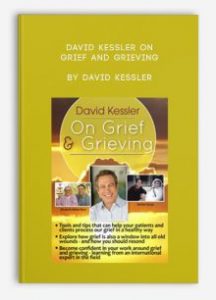 David Kessler On Grief and Grieving by David Kessler
David Kessler On Grief and Grieving by David Kessler
More information about Medical:
Medicine is the science and practice of establishing the diagnosis, prognosis, treatment, and prevention of disease.
Medicine encompasses a variety of health care practices evolved to maintain and restore health by the prevention and treatment of illness.
Contemporary medicine applies biomedical sciences, biomedical research, genetics, and medical technology to diagnose, treat, and prevent injury and disease,
typically through pharmaceuticals or surgery, but also through therapies as diverse as psychotherapy, external splints and traction, medical devices, biologics, and ionizing radiation, amongst others.
Medicine has been around for thousands of years, during most of which it was an art (an area of skill and knowledge) frequently having connections to the religious and
philosophical beliefs of local culture. For example, a medicine man would apply herbs and say prayers for healing, or an ancient philosopher and physician would apply bloodletting according to the theories of humorism.
In recent centuries, since the advent of modern science, most medicine has become a combination of art and science (both basic and applied, under the umbrella of medical science).
While stitching technique for sutures is an art learned through practice, the knowledge of what happens at the cellular and molecular level in the tissues being stitched arises through science.
Outline:
Interventions that can Shape Grief
Anticipatory Grief
- Treatment strategies
- Tools for normalizing anticipatory grief for the patient/client
Children in Grief
- Tools for preparing for the loss
- Interventions for coping enhancement for funerals
- The forgotten grievers
- Learn the truth about children going to funerals and open caskets
Complicated Grief
- Simplifying the model
- Murder, multiple losses, sudden death, suicide
- Alzheimer’s
Explanations of Types of Grief
- Delayed
- Disenfranchised
- Ambiguous
- Inconclusive
- Complicated
- Average response
- Resilience
Forgiveness
- Learn alternatives to forgiveness
- Understand when it works and why it doesn’t
- Learn techniques your client can use to actually find forgiveness
The Grief of Suicide
- Understand how grief of suicide is different
- Learn techniques for releasing feelings of responsibility
- Tools for healing grief after suicide
The Body and Grief
- Help understand how we hold grief in our body
- Learn techniques your client can use to get in touch with residual grief in the body
- Understand the ways the body remembers
Trauma
- How we often re-traumatize ourselves in grief
- Learn the difference between releasing grief and replaying traumatic events
- How vicarious trauma can affect the clinician
Positive Psychology and Grief
- Learn how positive psychology can be used in healing grief
- Understand why clients may treat themselves harshly in grief
- Learn new ways to decrease suffering after a loss
Pet Loss
- Learn why pet loss is just as significant as other losses
- Understand why clients may not reveal loss of a pet
- Learn new ways to help with feelings of exaggerated responsibility
Self-care for Clinician Working with Loss
- Learn how to take care of ourselves when being surrounded by loss
- Understand why we sometimes over identify with clients
- Understand if it’s helpful to self-disclose about the clinicians loss
Successfully Supporting Friends and Family Members in Grief
- Learn what to say and what not to say
- Understand proven strategies that will help clients heal themselves while not getting lost in others’ grief
- Tools for normalizing anticipatory grief for the patient/client
Tools for the Clinician to Help Clients Cope with
- Bullycide
- Anniversaries
- Holidays – the seen and unseen
- Birthdays
Disasters and How We Cope
- Shootings/hurricanes/earthquakes and terrorist acts
- Techniques for approaching horrific crime and/or disaster scenes
- The impact of natural vs. manmade disasters
Description:
Grief and grieving. It’s traumatic. It’s awkward. It’s painful.
How often do you walk into the session or the patient’s room knowing that your education did not prepare you for this? How often do you miss having the right words, phrases and the right actions to console?
As professionals we are expected to have the right words at hand, the right actions to recommend, and the right response. Most of us fail shamefully due to a lack of grief emphasis in our training. Every client we will see will experience loss in their life.
David Kessler, international grief expert, author and practitioner and will help you transform your practice, your life, and learn the art of caring for the grieving. You will then know the right words and actions to truly be of help to the dying and grieving.
David’s personal experience of witnessing a mass shooting as a child and its aftermath helped him begin his journey as a grief healer. Through his work with Elisabeth Kübler-Ross and Mother Teresa, he has helped thousands of people face life and death with peace, dignity and courage. From working with Elizabeth Taylor, Michael Landon, and Anthony Perkins to seeing up-close the devastation and heroic response of so many at 9/11, Ground Zero, and Sandy Hook Elementary School tragedies, David lives the work he teaches.
Don’t let more time go by feeling unprepared to help your clients process their trauma, their grief and heal.


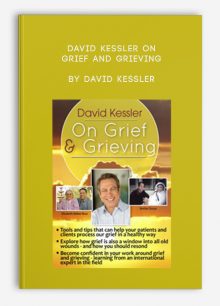

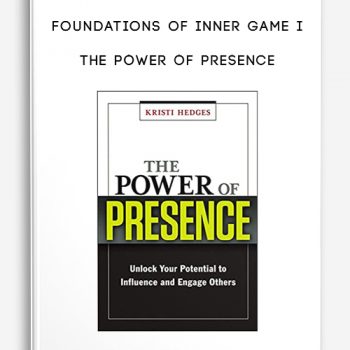





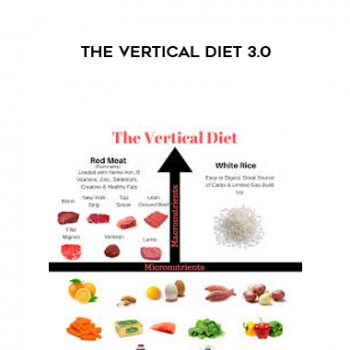

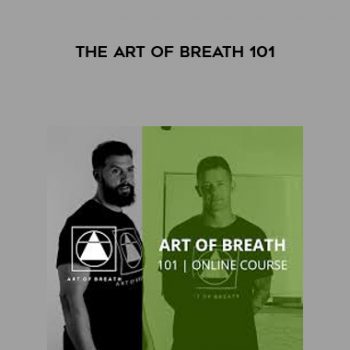
tristian –
This is Digital Download service, the course is available at Coursecui.com and Email download delivery.